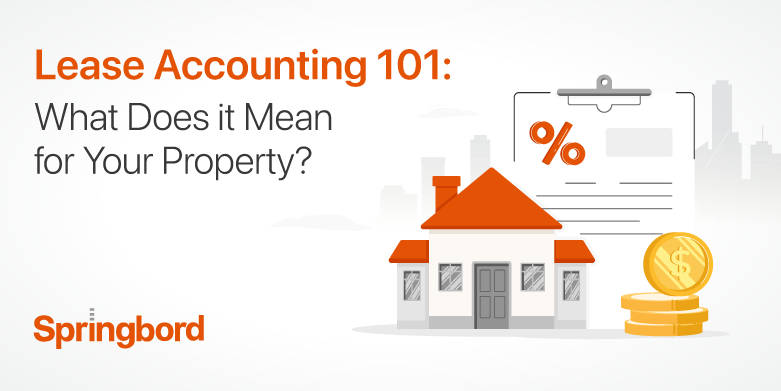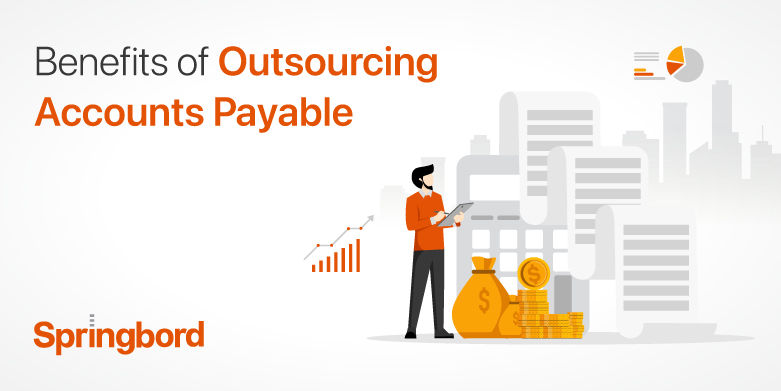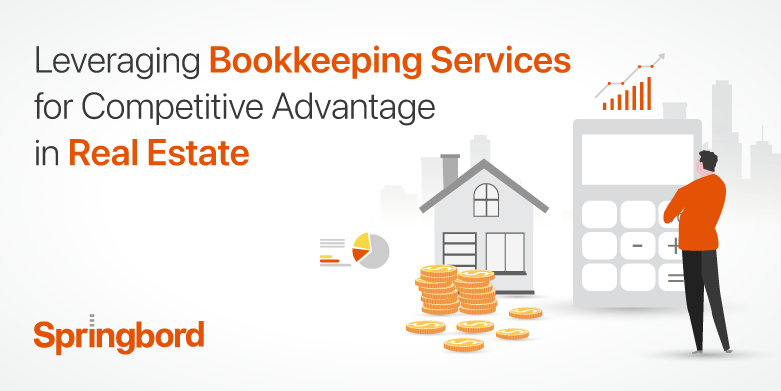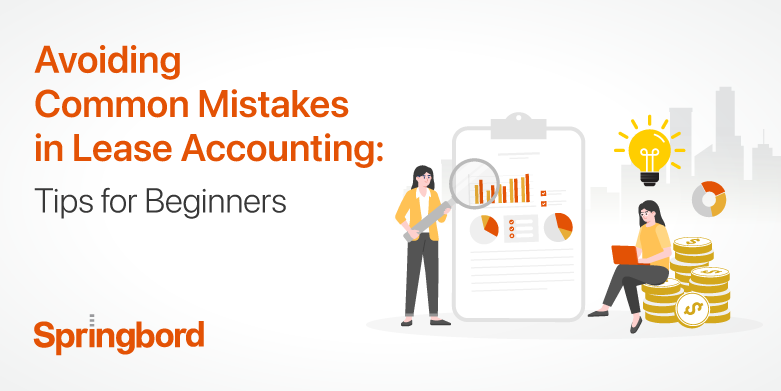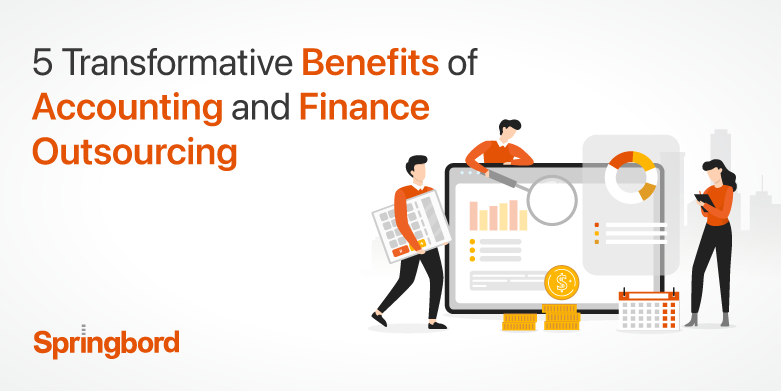M
E
N
U
Making well-informed decisions in the highly competitive and data-driven real estate industry requires utilizing precise and thorough data. Data labeling, a critical process in preparing data for machine learning (ML) and AI applications, has gained significant importance. This blog explores the benefits of outsourcing data labeling for real estate businesses, highlighting how it can enhance
Conducting CAM audits is an essential part of managing commercial real estate. For landlords, these audits ensure that CAM charges are accurately calculated, allocated fairly among tenants, and compliant with lease agreements and regulatory requirements. Let’s explore the significance of CAM audits in this blog, which emphasizes the importance of these assessments from the landlord’s
Lease accounting, particularly with the implementation of ASC 842 and IFRS 16, is critical for property owners as it transitions how leases are recognised on financial statements, bringing transparency to financial commitments. These standards require nearly all leases to be included on the balance sheet, reflecting true liabilities and assets, which affects stakeholders’ view of
Introduction In the rapidly advancing field of artificial intelligence and machine learning, the role of data annotation is pivotal. By labeling or tagging data such as images, text, and videos, businesses can train algorithms to identify patterns and make predictive analyses, turning raw data into strategic assets. As businesses increasingly rely on AI to enhance
In an era where financial agility and compliance are paramount, the management of Accounts Payable (AP) has taken center stage in corporate strategy. As businesses navigate through the complexities of global markets, regulatory landscapes, and technological advancements, the need for streamlined and secure AP processes has become evident. Outsourcing these functions presents a strategic opportunity
In the dynamic and detail-oriented world of real estate, the precision of financial management not only defines operational efficiency but also underpins strategic agility and competitive advantage. As the industry contends with complex transactions, fluctuating markets, and stringent regulatory requirements, the role of specialized bookkeeping becomes not just a necessity but a strategic asset. At
As we get into the digital age, the ability to effectively use artificial intelligence (AI) and machine learning (ML) hinges significantly on the quality of data these technologies are fed. Data annotation is the process that ensures this quality by labelling data in ways that are meaningful for machines to process and learn from. This
In today’s business landscape, the ability to accurately manage and report lease transactions has become a crucial aspect of financial stewardship. With the introduction of new accounting standards like ASC 842 in the United States and IFRS 16 internationally, lease accounting has undergone significant changes aimed at enhancing transparency and comparability across financial statements. To
Introduction Accounting and finance outsourcing has emerged as a strategic tool for businesses looking to gain a competitive advantage in today’s rapidly changing global market. This approach not only streamlines operations but also significantly reduces costs, thereby enabling better financial decision-making. As businesses navigate through complexities and seek efficiency, the strategic importance of outsourcing these
Cash flow management is a critical aspect of commercial real estate investments, directly impacting investment performance, financing, property valuation, and appreciation. In the realm of commercial real estate, Springbord’s expertise in data management and analytics can significantly enhance these aspects. By leveraging advanced data analytics, Springbord can provide deeper insights into cash flow trends and



